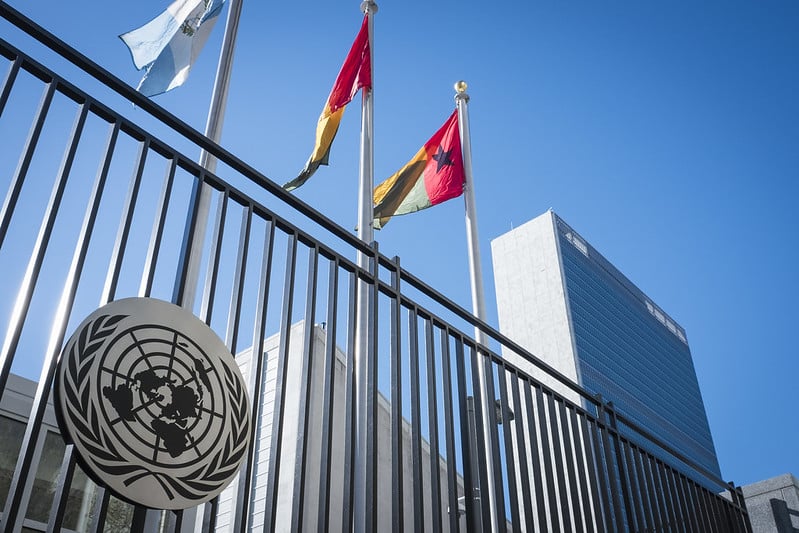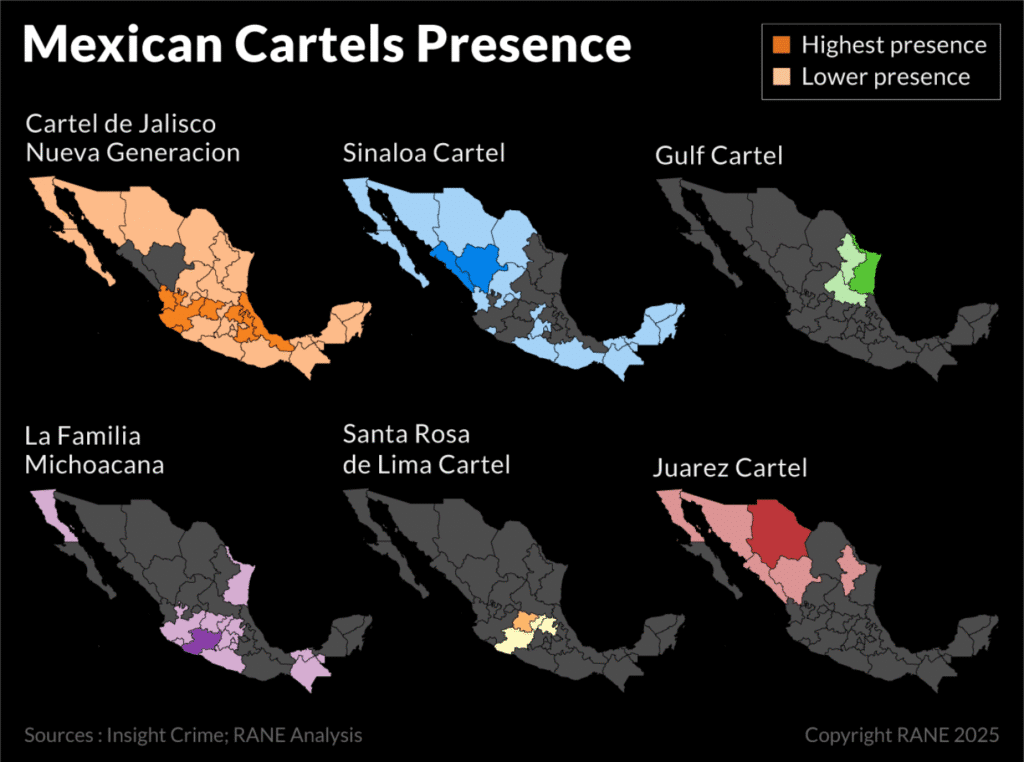Court Rejects Trump Administration’s Immunity Statement in UNRWA Case
A federal court has rejected the Trump administration statement of interest regarding the immunity of the United Nations Relief and Works Agency (UNRWA). In the Estate of Tamar Kedem Simon Tov et al. v. United Nations Relief and Works Agency (UNRWA) et al. (SDNY), foreign nationals allege that UNRWA and individual defendants knowingly aided and…
Continue ReadingFlorida Judge Sets Aside Historic Helms-Burton Verdict
More big news in the hot new topic in transnational litigation: the Helms-Burton Act. A Florida district court has set aside the historic $120 million jury verdict awarded to a Cuban-American plaintiff against hotel booking services. The judge held that the plaintiffs offered insufficient evidence that the defendants had “knowingly” “traffic[ked]” in confiscated property. Background…
Continue ReadingInteresting Papers at the ASIL Midyear Meeting, Sept. 26-27
The American Society of International Law is holding its midyear meeting in Cleveland, Ohio on September 26-27, 2025. The midyear meeting includes research fora that focus on draft papers selected through an open, competitive submission process. Several selected papers may be of interest to TLB readers, including: Challenging National Security List Designations in U.S. Courts…
Continue ReadingWelcome, Hannah Buxbaum!
We are excited to announce that Hannah Buxbaum has joined us as a TLB editor! Hannah is an esteemed scholar who writes on jurisdiction, extraterritoriality, and other topics related to international litigation and comparative law. Regular readers may recall her posts on anti-suit injunctions and on the Venezuelan deportation litigation. Hannah just joined the law…
Continue ReadingHavlish v. Taliban—Second Circuit Affirms that Afghanistan Central Bank Assets are Immune from Attachment
The Second Circuit has finally decided whether frozen Afghan central bank assets can be attached or turned over to satisfy judgments against the Taliban for acts of terrorism against U.S. citizens. The court answered “no” in Havlish v. Taliban over one partial dissent. The case presents complex and important issues, and although both the majority…
Continue ReadingRecent Developments in Helms-Burton Litigation
It is a busy time in the Helms-Burton world. With a $29.8 million jury award in Florida, major developments in the law of personal jurisdiction, several notable court of appeals decisions, and two recent CVSGs, there is a lot going on. That stands to reason. It was 2019 when the first Trump administration lifted the…
Continue ReadingPotential Impact of Recent Cartel Designations
On January 20, 2025, President Trump issued Executive Order (E.O.) 14157, directing the Secretary of State to designate international criminal organizations, including drug cartels, as Foreign Terrorist Organizations (FTOs) under the Immigration and Nationality Act (INA) and as Specially Designated Global Terrorists (SDGTs) under the International Emergency Economic Powers Act (IEEPA). On February 20, 2025,…
Continue ReadingCVSG in Chabad v. Russian Federation: Another Question of Foreign State Immunity
On June 2, 2025, the Supreme Court called for the views of the Solicitor General (“CVSG”) in Chabad v. Russian Federation. In Chabad’s petition for certiorari, the question presented is whether the Foreign Sovereign Immunities Act (FSIA)’s expropriation exception applies to a foreign state if the expropriated property—or property exchanged for it— is located outside…
Continue ReadingSupreme Court Remands CC/Devas v. Antrix
To the surprise of no one, today the Supreme Court reversed and remanded CC/Devas v. Antrix. The Ninth Circuit had held that the Foreign Sovereign Immunities Act (FSIA) always requires minimum contacts between the defendant and the United States, an argument so weak that the respondents did not defend it before the Court. The Court…
Continue ReadingZach Clopton Named Interim Dean of Northwestern
We are delighted to share that TLB Editor Zach Clopton has been named the interim dean of Northwestern University Pritzker School of Law. In light of his new responsibilities, Zach will be stepping away from his editorial duties at TLB. We have pasted below some of his “greatest hits” to highlight the breadth and depth…
Continue Reading





